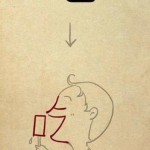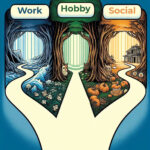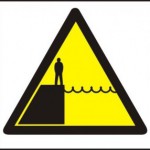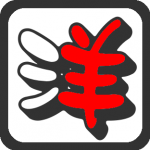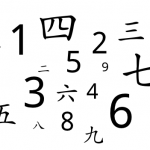You searched for third tone | Page 9 of 10 | Hacking Chinese Page 9
-
Learning Chinese characters through pictures
This article is about using pictures to learn Chinese characters. In order to learn characters efficiently, it’s important to understand how they work and what the building blocks are so that these can be used in other characters. Any pictures you use to remember should be based on this. Avoid using pictures that obscure the real meaning.
Read → -
Zooming out: The resources you need to put Chinese in context
In order to learn efficiently, it’s important that you integrate your knowledge. This means being able to break down Chinese in order to understand it, as well as looking at context and sorting out confusing cases. In this second article, I introduce tools for zooming out and putting things in context.
Read → -
Focusing on radicals, character components and building blocks
How much should you focus on learning building blocks? If you don’t focus enough, you will remain in the tourist phrase book. If you focus too much on building blocks, you will end up living in brick yard rather than a house.
Read → -
The three roads to mastering Chinese
Mastering a foreign language is a daunting task, especially a language as foreign as Chinese! In this article, I outline three possible roads that all lead towards mastery. They have in common that we really need to make Chinese an important and integrated part of our lives, because that’s the only way we can spend the time we need to really get to know the language.
Read → -
A language learner’s guide to wuxia novels
Wuxia can be used as a key to both Chinese language and culture. This article is meant to be a guide to second language learners. If you want to read wuxia in Chinese, where do you start? How do you approach these novels? How do I find one which isn’t too hard? You will find the answers here!
Read → -
25 books I’ve read in Chinese, with reviews and difficulty ratings
I set the goal of reading 25 books in one year. This article is about the 25 books I read and is meant to serve as encouragement and inspiration. You might also find a book or two you want to read yourself! At the end of the article, I discuss my reading habits in general as well.
Read → -
Chinese immersion with Carl Gene Fordham
It’s widely known that immersion is an effective way of learning languages, but the details are less clear. How do you go about it? This article contains an interview with Carl Gene Fordham, who has many interesting things to say about how he learnt Chinese to an advanced level, as well as how we continued from there and became a translator and interpreter.
Read → -
Asking the experts: How to bridge the gap to real Chinese
Many students of Chinese think that it’s hard to bridge the gap from textbook Chinese to the Chinese used by native speakers in the real world. This article contains useful insights and hands-on advice from more than 20 language learners and teachers. The overall message is encouraging: the gap can certainly be bridged, you just need the right attitude and the right method!
Read → -
Phonetic components, part 1: The key to 80% of all Chinese characters
At least 80% of all Chinese characters are made up of one semantic component (meaning) and one phonetic component (pronunciation). The sheer number of characters formed this way means that these characters ought to be taught properly, yet I think this topic is largely glossed over. This is the first article of two dealing with phonetic components and how they can help you learn Chinese better.
Read → -
Do you really know how to count in Chinese?
Counting in a foreign language is one of the first things we learn, yet it takes very long to master numbers in Chinese. Most students abandon practising numbers too early, leading to a surprising and serious gap in our knowledge: we simply don’t know the numbers as well as we think we do, which will cause problems both in real life and in listening comprehension tests. Do you really know how to count in Chinese? Tests included!
Read →
